Confidentiality
Whenever information is kept confidential by an EU Member State in accordance with Article 4 of Directive 2003/4/EC on public access to environmental information, the Member State has to indicate, separately for each type of data, the reason for which it has been withheld.
According to Directive 2003/4/EC, Member States may refuse disclosure of environmental information if it would adversely affect:
- confidentiality of proceeding of public authorities (Article 4(2)(a)),
- international relations, public security or national defence (Article 4(2)(b)),
- the course of justice (Article 4(2)(c)),
- confidentiality of commercial or industrial information (Article 4(2)(d)),
- intellectual property rights (Article 4(2)(e)),
- confidentiality of personal data related to a natural person (Article 4(2)(f)),
- the interest or protection of any person providing data on a voluntary basis (Article 4(2)(g)),
- the protection of the environment to which such information relates (Article 4(2)(h)).
With regard to theidentification of a facility, the name and address of the facility can only be kept confidential if its name refers to natural person.
With regard to information on pollutant releases and off-site transfers in waste water, confidentiality can only be claimed under the following grounds:
- international relations, public security or national defence (Article 4(2)(b)),
- the course of justice (Article 4(2)(c)),
- intellectual property rights (Article 4(2)(e)).
Furthermore, with regard to the data on the releases and off-site transfers of pollutants in waste water, only the name of the pollutant can be kept confidential. In this case, the name must be replaced by the name the pollutant group to which it belongs and the total releases and transfers have to be reported at the level of the pollutant group. The method of measurement/calculation does not have to be reported.

